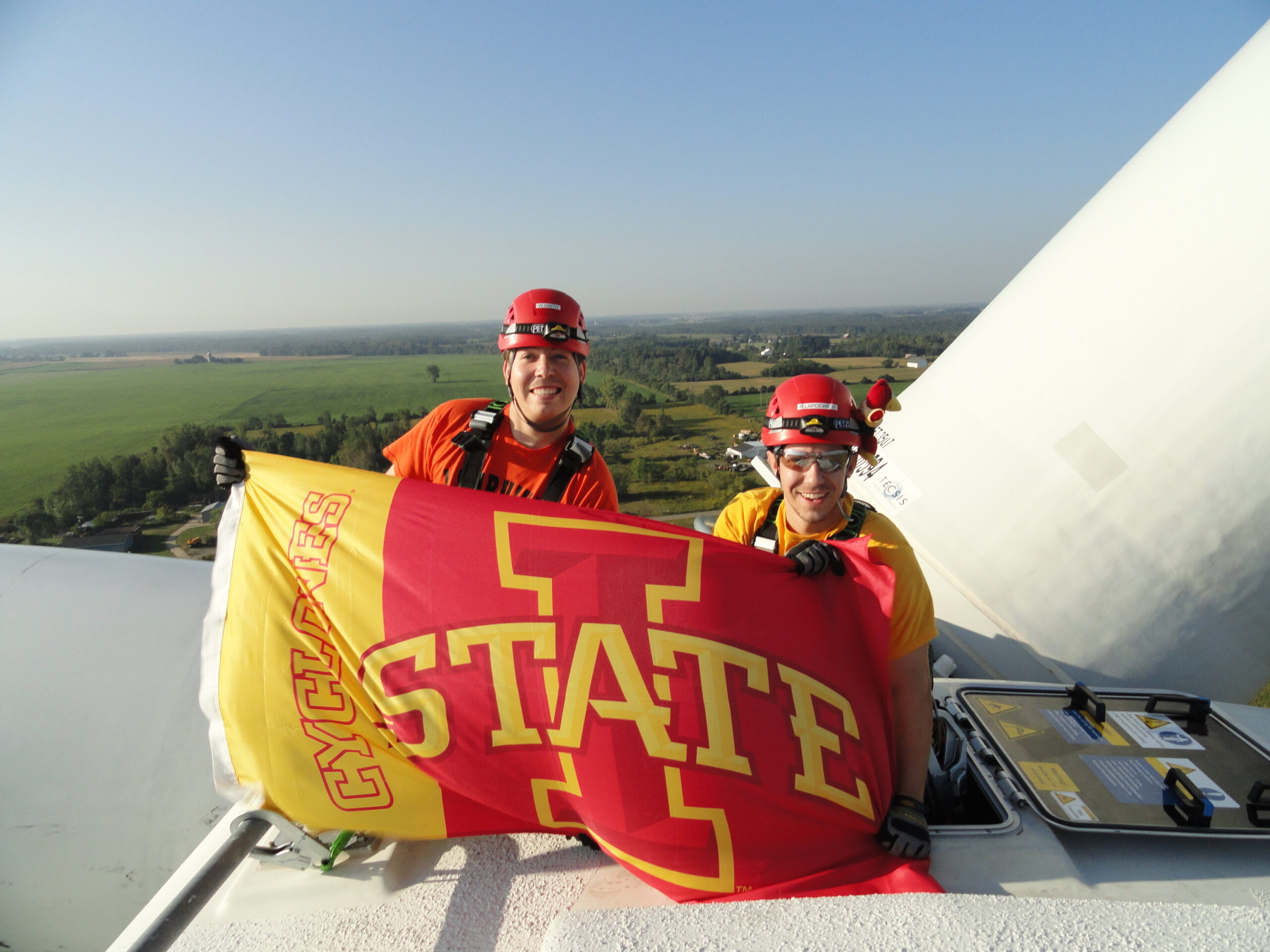- Opportunities for early engagement with top engineering talent with the goal of converting them to post-grad employment upon graduation.
- More informed post-grad hiring decisions because on-the-job performance is added to the selection process.
- Higher post-grad offer acceptance rates and reduced recruiting costs.
- Reduction of training and higher productivity of entry-level hires.
- Increased retention rates of new employees due to a stronger connection to the company.
- An injection of creative energy and a transfer of knowledge about state-of-the-art equipment and practices being used at the university.
- Accomplishment of productive work with professional services from students.
- Improved recruiting due to enhanced visibility and reputation on campus when student employees return to campus and talk about their experience.
Hire Intern and Co-op Students

Experiential Education
Experiential education is a key component of the college’s process of preparing strong engineering talent. Internships and co-ops are periods of institutionally supervised, engineering-related, work experiences that supplement formal academic classwork. Experiential learning opportunities help ISU engineering students see the practicality of their coursework, develop workplace skills, and generally prepare students to hit the ground running when they secure that first post-grad position.
